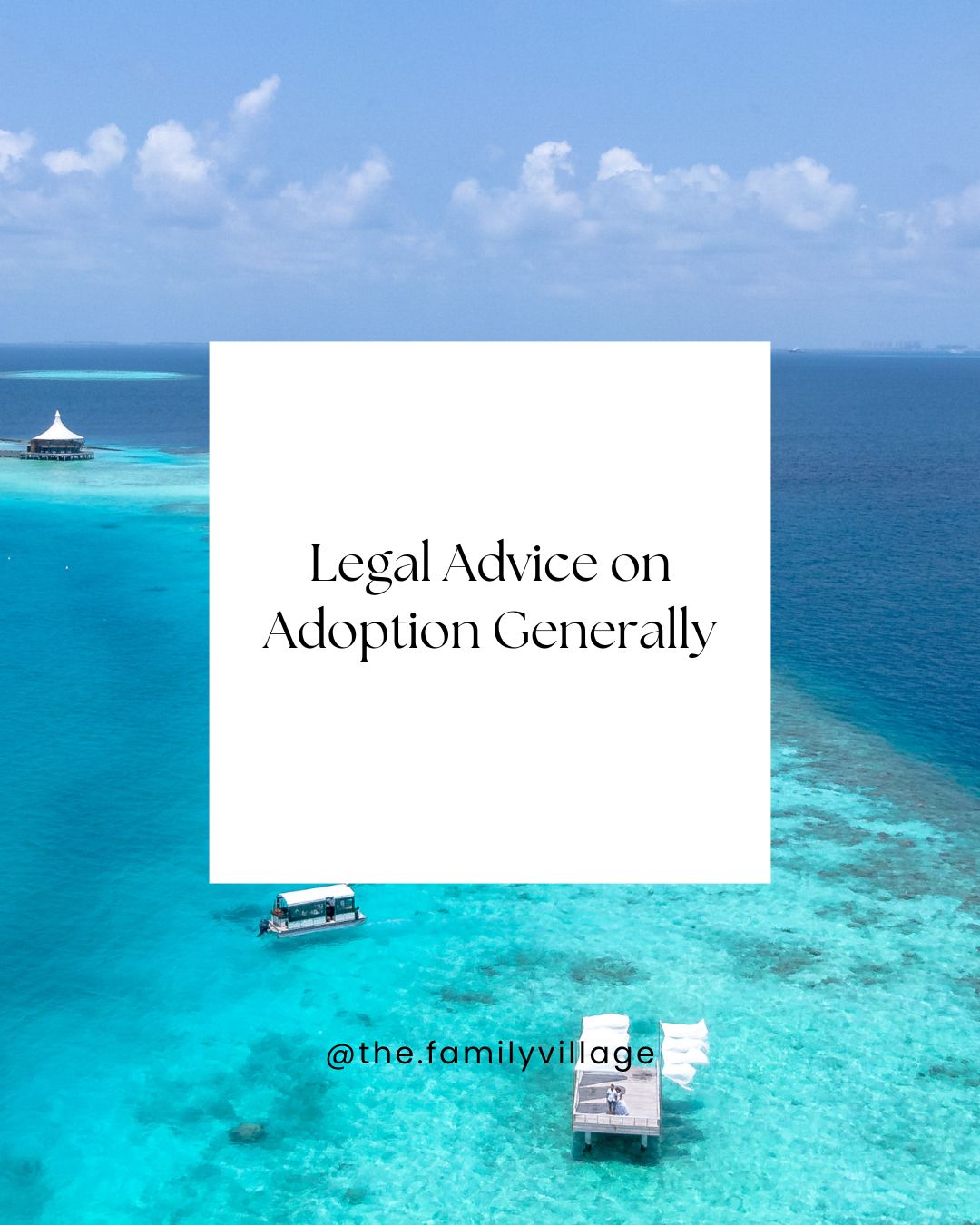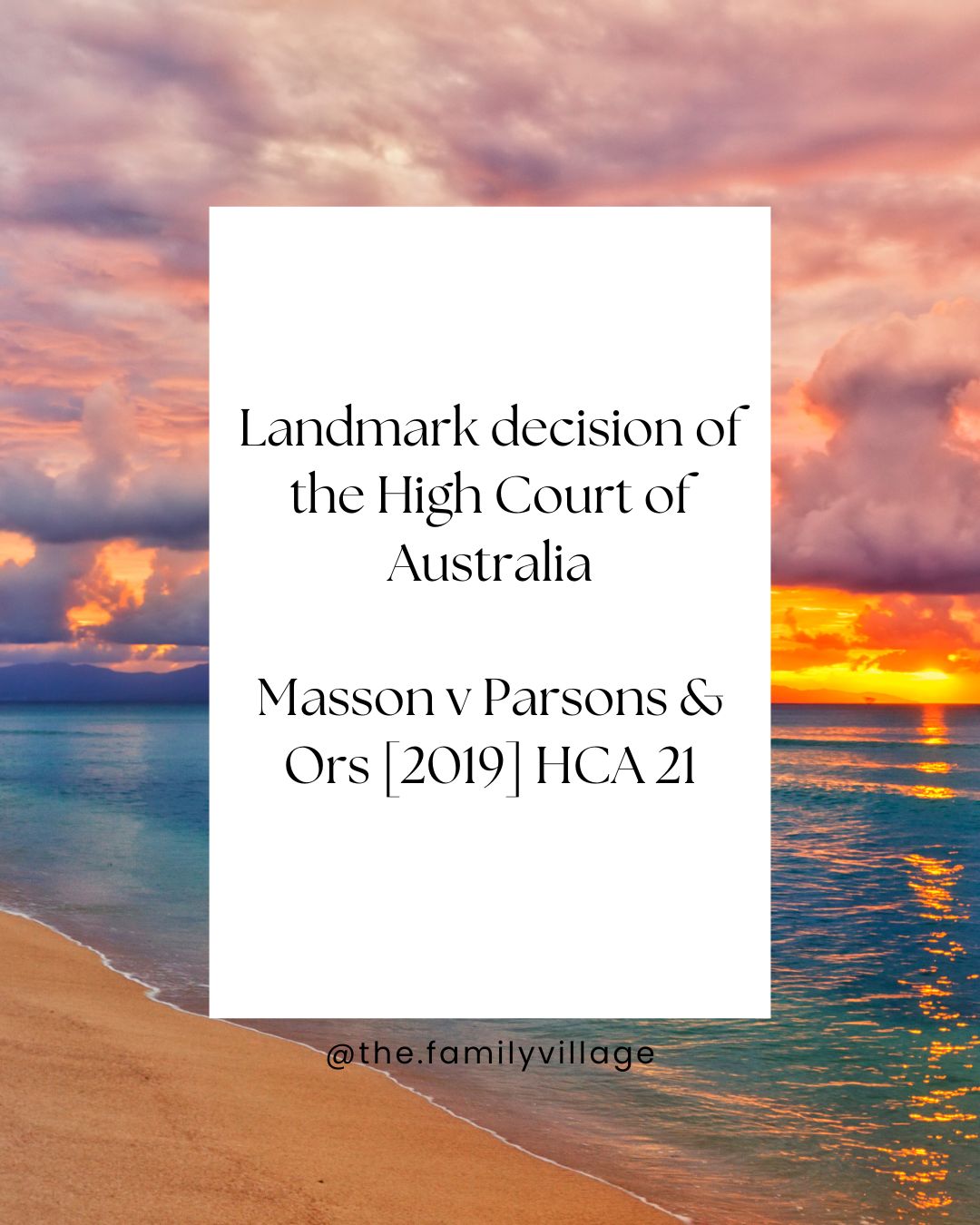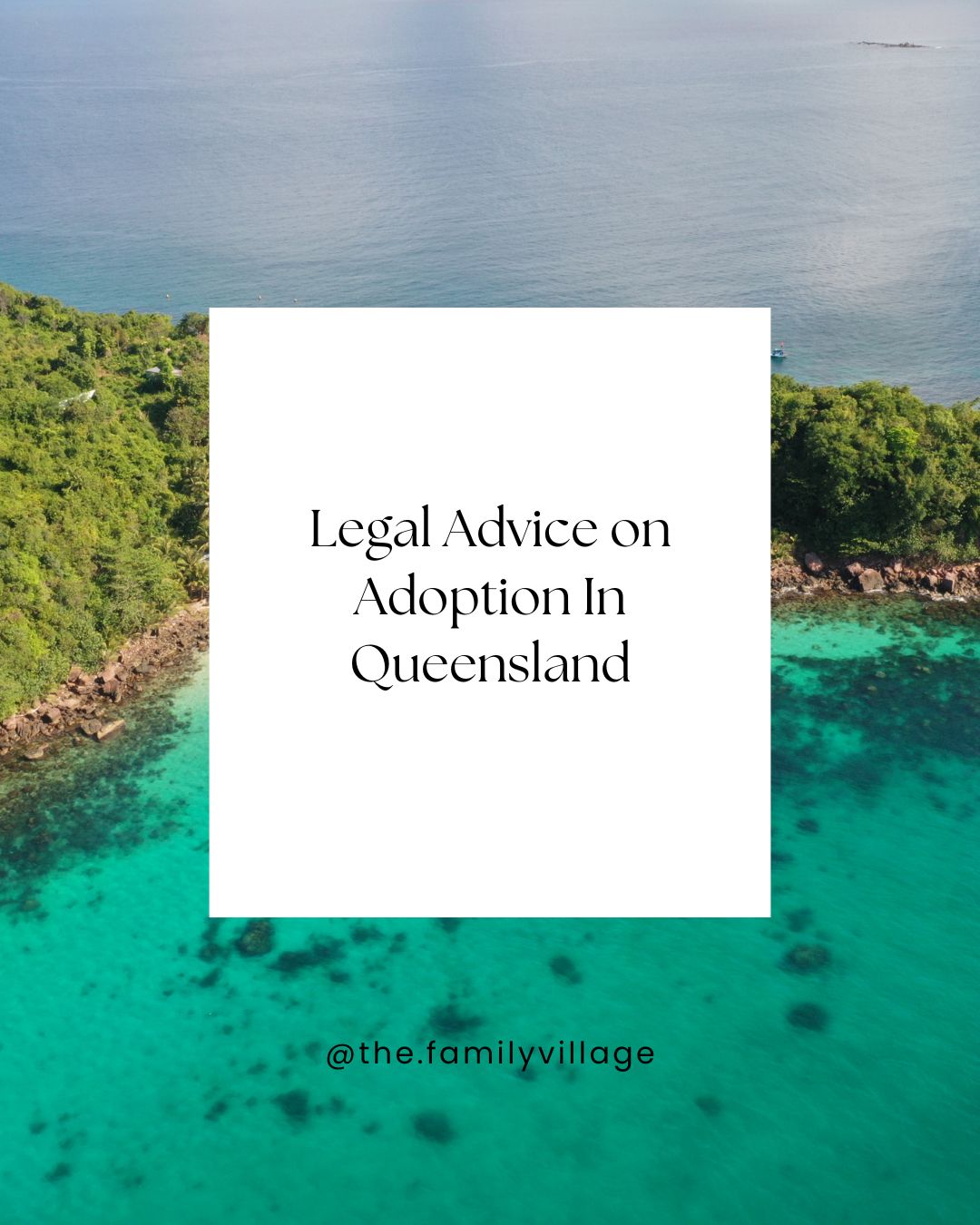Adoption is a legal process that creates a permanent and lifelong relationship between a child and their adoptive parent(s). Once the adoption is finalised, the adoptive parent becomes the child’s legal parent, and the child becomes a full member of the adoptive family—entitled to the same rights as a biological child, including taking the family surname and inheriting property.
At the same time, the child’s biological parents and extended family relinquish all legal rights and responsibilities for the child.
Adoption is not a temporary arrangement—it is legally binding and permanent. This means the child’s care, wellbeing, and future become entirely the responsibility of the adoptive parent(s).
Types of Adoption in Australia
There are two main categories of adoption:
1. Intrafamily Adoption
This form of adoption occurs when the child is adopted by someone they already have an existing relationship with—such as a step-parent, grandparent, aunt, uncle, or long-term carer. Intrafamily adoptions are common in Australia and are often pursued to provide stability, legal clarity, or to formalise existing caregiving roles.
Because of the pre-existing connection between the child and the adoptive family member, the process may differ slightly but still involves legal assessments to ensure the child’s best interests are upheld. Learn more about intrafamily adoption in NSW.
2. General and Intercountry Adoption
These types of adoptions involve adopting a child who is not previously known to the adoptive parent(s). This can include children in local care arrangements or children from overseas. Intercountry adoption follows strict international and domestic legal protocols and is generally less common due to complex eligibility requirements and longer timelines. You can also explore general adoption considerations for more details.
The Adoption Process
Adoption in Australia is a detailed and thorough process designed to ensure children are placed in safe, stable, and nurturing environments. Each state and territory has its own legislation and procedures, but the general steps often include:
- Background and criminal history checks (including police and Working with Children Checks)
- Medical assessments
- Attendance at mandatory information and training sessions
- Home visits and interviews to assess suitability
- Ongoing evaluation and support through the relevant government department
Because legislation differs between jurisdictions, it’s important to refer to your state or territory’s adoption authority for specific requirements.
Why Adoption Matters
Adoption provides children with a permanent home and family, giving them the stability and sense of belonging that is essential for emotional and psychological development. Compared to temporary or out-of-home care arrangements, adoption offers children stronger long-term outcomes in terms of identity, security, and well-being.
For adoptive parents, adoption can be a deeply meaningful way to build a family—particularly for individuals or couples unable to have children biologically. It offers the opportunity to raise a child with love, care, and lifelong commitment.
How The Family Village Can Help
At The Family Village, we understand that adoption can be both an exciting and emotional journey. Whether you’re considering intrafamily adoption, general adoption, or simply exploring your options, our team is here to guide you with clear advice and ongoing support.
To speak with an adoption lawyer about your adoption pathway and how we can help bring stability and connection to your family’s future, email us at hello@thefamilyvillage.com.au or make an appointment using the link.




